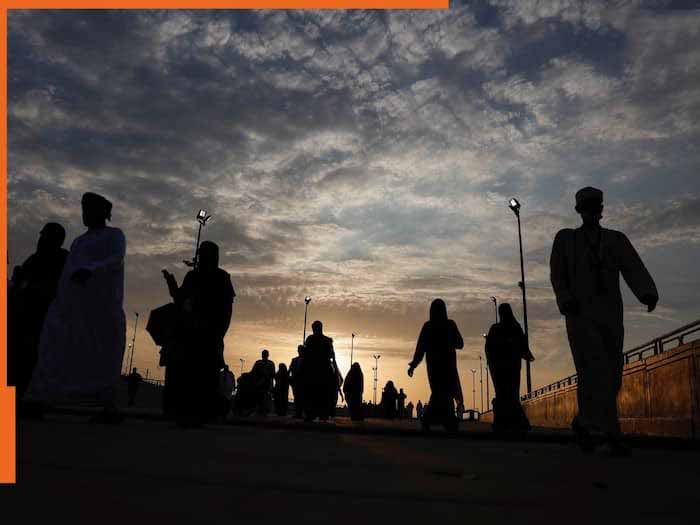
Saudi Arabia Execution News: The punishments given in Saudi Arabia are once again in the headlines. According to AFP, Saudi Arabia has sentenced more than 100 foreigners to death this year. This is almost triple the figures of 2023 and 2022.
According to the official Saudi Press Agency, the latest execution was carried out on Saturday in the southwestern region of Najran of a Yemeni national convicted of smuggling drugs into the Gulf kingdom. This brings the number of foreigners executed so far in 2024 to 101, according to data compiled from state media reports.
Record of hanging broken in Saudi Arabia
According to AFP data, this is almost triple the figures for 2023 and 2022, when Saudi authorities sentenced 34 foreigners to death each year. The Berlin-based European-Saudi Organization for Human Rights (ESOHR) said this year's executions have already broken records.
The constant criticism
The group's legal director Taha al-Hajji said, 'This is the largest number of executions of foreigners in a year. Saudi Arabia has never executed 100 foreigners in a year.' Saudi Arabia has been facing constant criticism for the use of the death penalty, which has been strongly condemned by human rights groups.
Most numbers of Pakistanis are punished.
According to Amnesty International, Saudi Arabia executed the third-highest number of prisoners in the world in 2023 after China and Iran. The foreigners executed this year include 21 from Pakistan, 20 from Yemen, 14 from Syria, 10 from Nigeria, nine from Egypt, eight from Jordan, and seven from Ethiopia.
Three people from India are also included.
Apart from this, three each were from Sudan, India, and Afghanistan, and one each from Sri Lanka, Eritrea, and the Philippines. Saudi Arabia ended a three-year moratorium on the execution of drug offenders in 2022, and the number of executions for drug-related crimes has increased this year.
Of the 92 executions so far this year, 69 have been of foreigners, according to an AFP tally. Diplomats and activists say foreign defendants generally face higher barriers to a fair trial, including the right to access court documents.

 Share
Share






